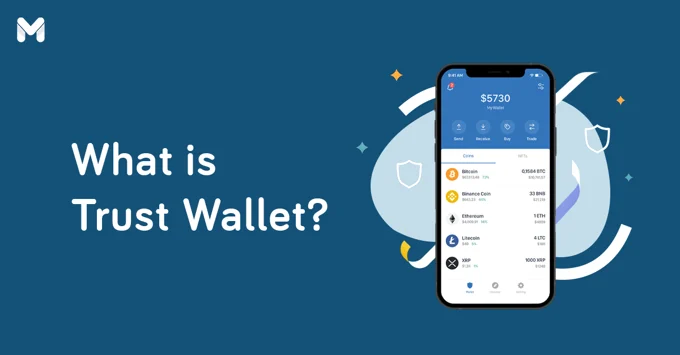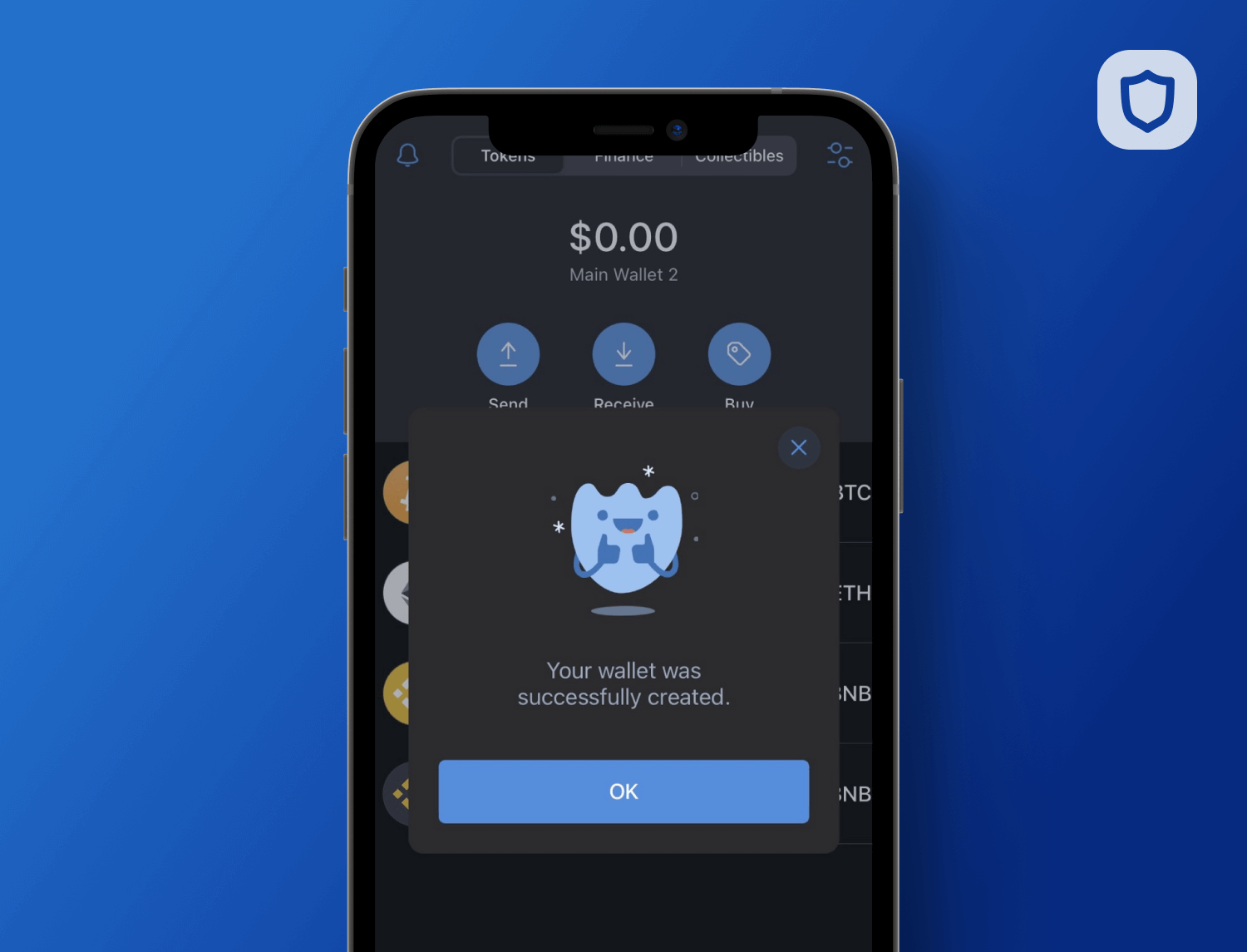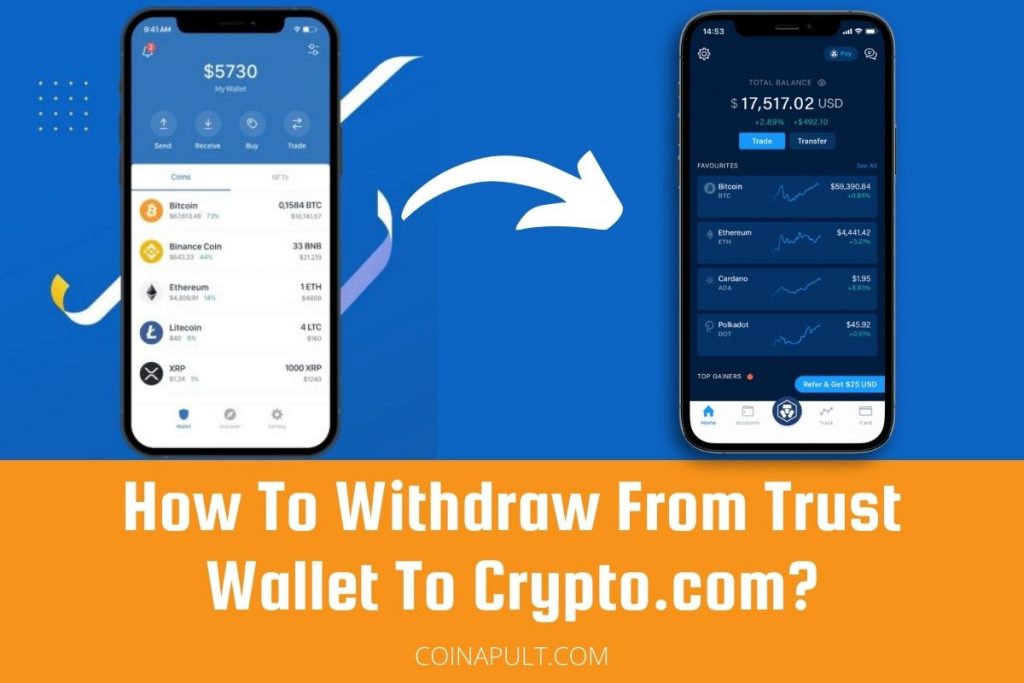Yes, Trust Wallet is considered very safe. It ensures security through local encryption of private keys on the user’s device, regular software updates to patch vulnerabilities, and not storing personal data on centralized servers. Additionally, Trust Wallet encourages adopting best security practices, such as backing up recovery phrases, to further enhance safety.

Analyzing the Security Features of Trust Wallet
Analyzing the security features of Trust Wallet reveals a multi-faceted approach to safeguarding users’ assets, emphasizing encryption, multi-signature protocols, and privacy protections. Here’s a detailed look at each of these aspects:
Encryption Technologies Used by Trust Wallet
- Local Encryption of Private Keys: Trust Wallet employs AES-256 encryption, which is among the most powerful encryption standards available. This encryption secures the user’s private keys directly on their device. The significance of this approach is twofold:
- First, it means that the keys are stored locally, not on any centralized server, minimizing the risk of external breaches.
- Second, even if someone were to gain unauthorized access to the device, the encryption would serve as a critical barrier, protecting the keys from being compromised.
- Secure Data Transmission: To protect data in transit, Trust Wallet utilizes SSL (Secure Sockets Layer) encryption. This ensures that any data moving between the wallet and external servers is encrypted, thwarting attempts to intercept and decipher sensitive information.
Multi-Signature and Security Protocols
- Support for Multi-Signature on Supported Blockchains: While Trust Wallet itself is designed for individual use and may not incorporate multi-signature functionality directly, it supports blockchains that offer multi-signature capabilities. This is crucial for users seeking enhanced security measures, as:
- Multi-signature setups require authorization from multiple private keys to execute a transaction, significantly increasing security by distributing the authorization process across several parties or devices.
- Enhanced Security for Critical Transactions: For users or organizations that handle large sums or particularly sensitive transactions, leveraging multi-signature technology can add an essential layer of security, making unauthorized access considerably more difficult for potential attackers.
Privacy Protections for Trust Wallet Users
- Anonymity and Pseudonymity in Transactions: Trust Wallet places a strong emphasis on user privacy. It does not require personal information such as names, email addresses, or phone numbers for basic operations, allowing users to conduct transactions with a degree of anonymity.
- Decentralized Application (DApp) Integration: The wallet’s integration with a wide range of DApps through its built-in Web3 browser permits users to interact with decentralized services without sacrificing personal information. This is particularly important for:
- Maintaining financial privacy in transactions.
- Engaging with decentralized services without exposing personal data to third parties.
- Control Over Personal Data: By not collecting or storing personal data on centralized servers, Trust Wallet ensures that users retain full control over their information. This approach aligns with the broader ethos of decentralization in the cryptocurrency space, prioritizing user sovereignty and data protection.

Risk Management in Trust Wallet
Risk management in Trust Wallet involves a comprehensive approach to ensuring the security of users’ assets. This includes both the implementation of technical measures against potential threats and educating users on best practices for maintaining their security. Here’s a detailed analysis of how Trust Wallet manages risks, including strategies against phishing attacks, addressing software vulnerabilities, and empowering users to manage their own risks effectively.
Strategies to Counter Phishing Attacks
- User Education: Trust Wallet places a strong emphasis on educating its users about the dangers of phishing attacks. This includes providing resources on how to recognize phishing attempts, such as unsolicited messages or emails asking for private keys or other sensitive information.
- Secure Communication Channels: Encouraging the use of verified channels for any communication. Trust Wallet ensures that official communications are clearly marked and advises users to verify any suspicious messages through official channels.
- Two-Factor Authentication (2FA): While Trust Wallet itself focuses on securing blockchain transactions and does not directly control 2FA settings, it encourages users to apply 2FA on related platforms (e.g., exchanges or services linked to their wallets), adding an extra layer of security against unauthorized access.
Addressing Software Vulnerabilities and Updates
- Regular Updates: Trust Wallet regularly updates its software to address any identified vulnerabilities. These updates not only include security patches but also improvements to the wallet’s overall functionality and user interface.
- Bug Bounty Programs: Engaging with the cybersecurity community through bug bounty programs. This encourages white-hat hackers and security researchers to find and report vulnerabilities in return for a reward, ensuring that potential security issues are addressed proactively.
- Open Source Transparency: Much of Trust Wallet’s codebase is open source, allowing for community review and audit. This transparency helps identify and fix vulnerabilities quickly, with contributions from security experts around the world.
How Users Can Manage Their Own Risks
- Secure Backup Practices: Trust Wallet advises users on how to securely back up their wallet, including their recovery phrases. This ensures that even in the case of device loss or failure, users can regain access to their assets without compromising their security.
- Staying Informed: Users are encouraged to stay informed about the latest security threats and Trust Wallet updates. By following the wallet’s official blog or social media channels, users can get timely information on how to protect themselves.
- Smart Contract Interaction: When using Trust Wallet to interact with DApps or smart contracts, users are advised to only engage with trusted applications. This minimizes the risk of interacting with malicious contracts that could drain funds from unsuspecting users.
Comparing Trust Wallet to Other Wallets
Comparing Trust Wallet to other wallets in the market involves looking at various aspects such as security features, user experience, and the range of supported assets and networks. This comparison helps users choose the wallet that best suits their needs.
Security Comparisons
- Encryption and Private Keys: Trust Wallet uses AES-256 encryption to secure users’ private keys on their device, similar to many leading wallets. This local encryption ensures that the keys remain in the user’s control, enhancing security.
- Multi-Signature Support: While Trust Wallet supports blockchains that enable multi-signature capabilities, not all wallets offer this feature. Multi-signature wallets require authorization from multiple parties before transactions can be executed, providing an additional layer of security.
- Updates and Vulnerability Management: Trust Wallet’s approach to regularly updating its software and engaging with the cybersecurity community through bug bounty programs is a strong point. However, the efficacy of such practices can vary across different wallets, with some being more proactive in addressing vulnerabilities than others.
Comparing User Experience and Convenience
- User Interface (UI): Trust Wallet is known for its intuitive and user-friendly interface, making it accessible for beginners while still offering advanced features for experienced users. Other wallets may prioritize advanced features over ease of use, which can affect their appeal to a broader audience.
- Cross-Platform Compatibility: Trust Wallet offers a mobile-first experience, with apps available for both iOS and Android. Other wallets might offer desktop versions or browser extensions, catering to users who prefer managing their assets on a computer.
- DApp Integration: Trust Wallet’s built-in Web3 browser allows users to directly interact with decentralized applications (DApps) without leaving the app, providing a seamless experience. While many wallets offer similar features, the extent and ease of integration can vary.
Supported Assets and Networks Comparison
- Cryptocurrency Support: Trust Wallet supports a wide range of cryptocurrencies, including Ethereum, Bitcoin, and many ERC-20 and BEP-2 tokens, making it versatile for users holding diverse portfolios. Other wallets may have more limited or different selections, focusing on specific blockchains or token standards.
- Blockchain Network Support: Trust Wallet’s multi-chain support enables users to interact with different blockchains easily. This is an advantage over wallets that are restricted to a single blockchain or have limited multi-chain functionalities.
- Staking and DeFi Access: Trust Wallet provides direct access to staking and DeFi platforms, allowing users to earn interest on their holdings or engage in yield farming. While many modern wallets offer these features, the range of supported platforms and ease of use can differ.
Security Practices for Trust Wallet Users
For Trust Wallet users, adhering to robust security practices is crucial to ensure the safety of their digital assets. Below are essential guidelines on setting and protecting passwords, executing wallet backup and recovery, and identifying and avoiding common security threats.
Setting and Protecting Your Password
- Complexity and Uniqueness: Choose a strong, complex password for your Trust Wallet that is not used for any other account. Incorporate a mix of uppercase and lowercase letters, numbers, and symbols to enhance security.
- Password Managers: Consider using a reputable password manager to store your Trust Wallet password securely. Password managers not only help in generating strong passwords but also ensure that you don’t have to remember every password.
- Two-Factor Authentication (2FA): While Trust Wallet itself focuses on securing blockchain transactions and does not directly manage passwords or 2FA, users should enable 2FA on any linked platforms or exchanges as an additional security layer.
Wallet Backup and Recovery Procedures
- Recovery Phrase: Upon setting up Trust Wallet, you will be given a 12-word recovery phrase. This phrase is crucial for wallet recovery in case of device loss or wallet corruption. Write down the phrase on paper and store it in a secure, private location.
- Multiple Backups: Consider making more than one copy of your recovery phrase and storing them in separate, secure locations. This reduces the risk of losing access to your wallet if one backup is lost or damaged.
- Avoid Digital Storage: Do not store your recovery phrase in digital form (e.g., screenshots, text files on your computer, or in cloud storage). Digital storage increases the risk of your recovery phrase being stolen by hackers.

Identifying and Avoiding Common Security Threats
- Phishing Attacks: Be vigilant about phishing attempts, where scammers impersonate Trust Wallet or other reputable services. Always verify the authenticity of any communication. Trust Wallet will never ask for your recovery phrase or private keys via email, social media, or messaging apps.
- Software Updates: Keep your Trust Wallet app and mobile device’s operating system up to date. Regular updates often include security enhancements and vulnerability patches.
- Smart Contract Interactions: Be cautious when interacting with smart contracts through Trust Wallet. Only engage with contracts from known and trusted sources to avoid scams or malicious contracts designed to steal funds.
- Public Wi-Fi: Avoid accessing your Trust Wallet over public Wi-Fi networks. Public networks are less secure and can be exploited by cybercriminals to intercept sensitive information. Use a VPN or a secure private network whenever possible.
By adhering to these security practices, Trust Wallet users can significantly mitigate the risk of losing their assets to hackers and scammers, ensuring a safer and more secure cryptocurrency experience.